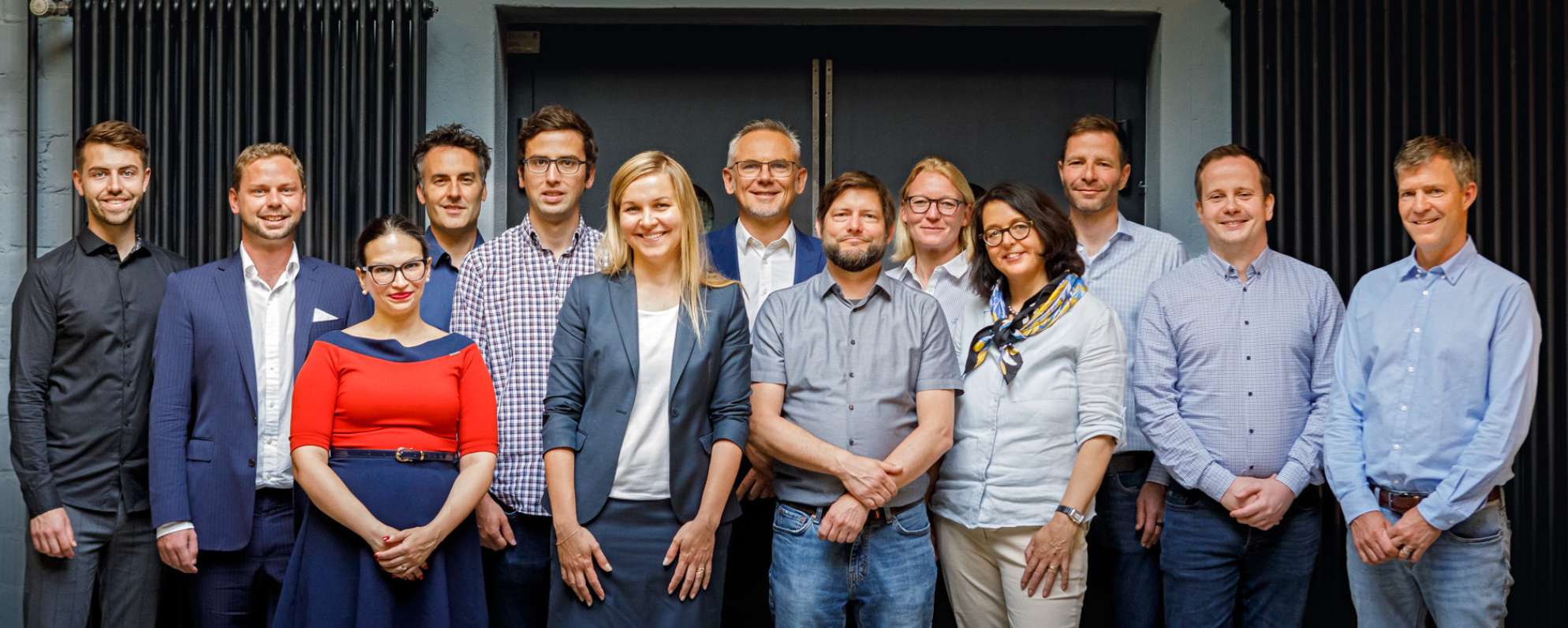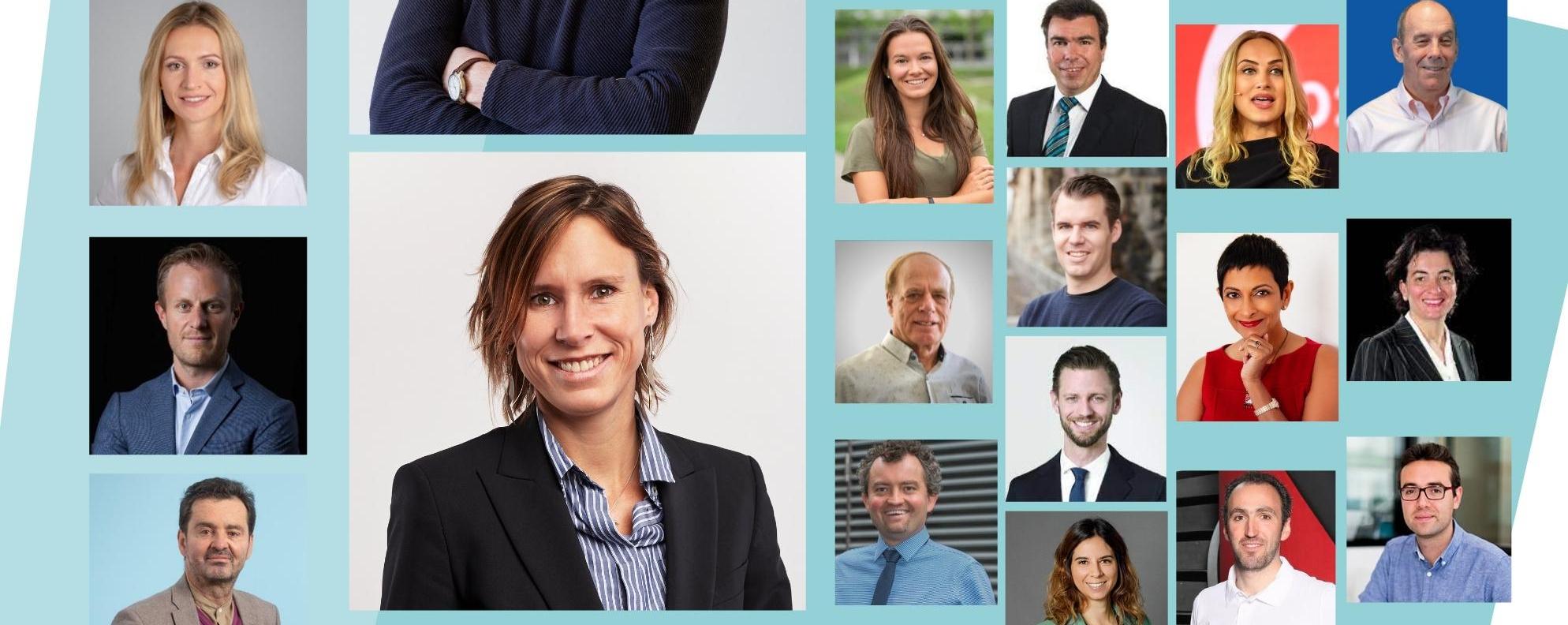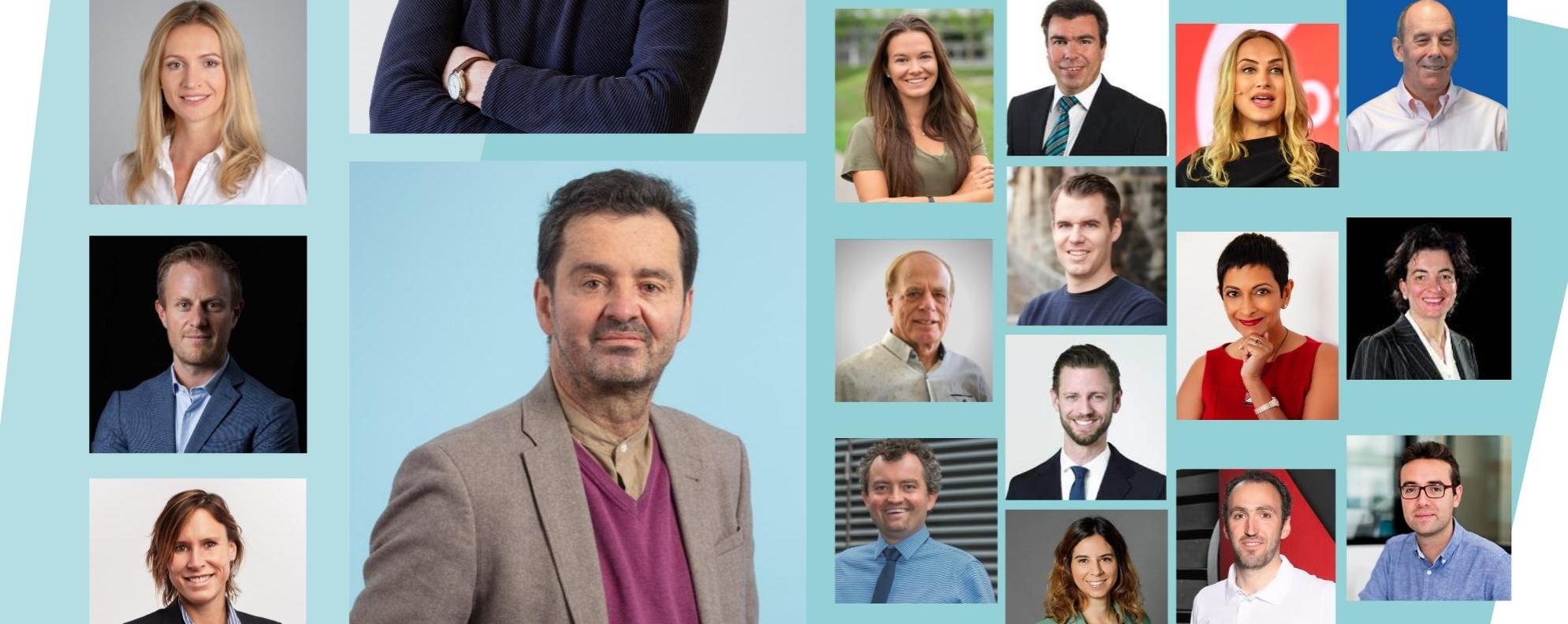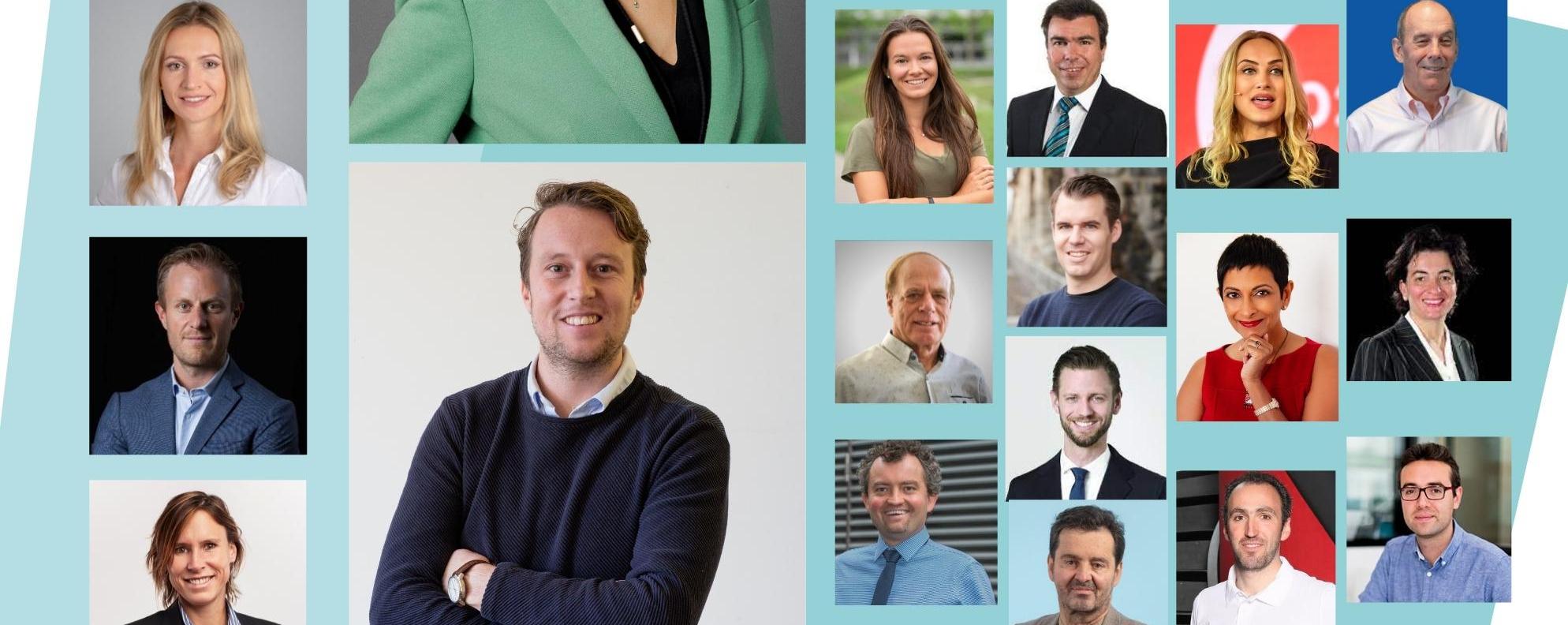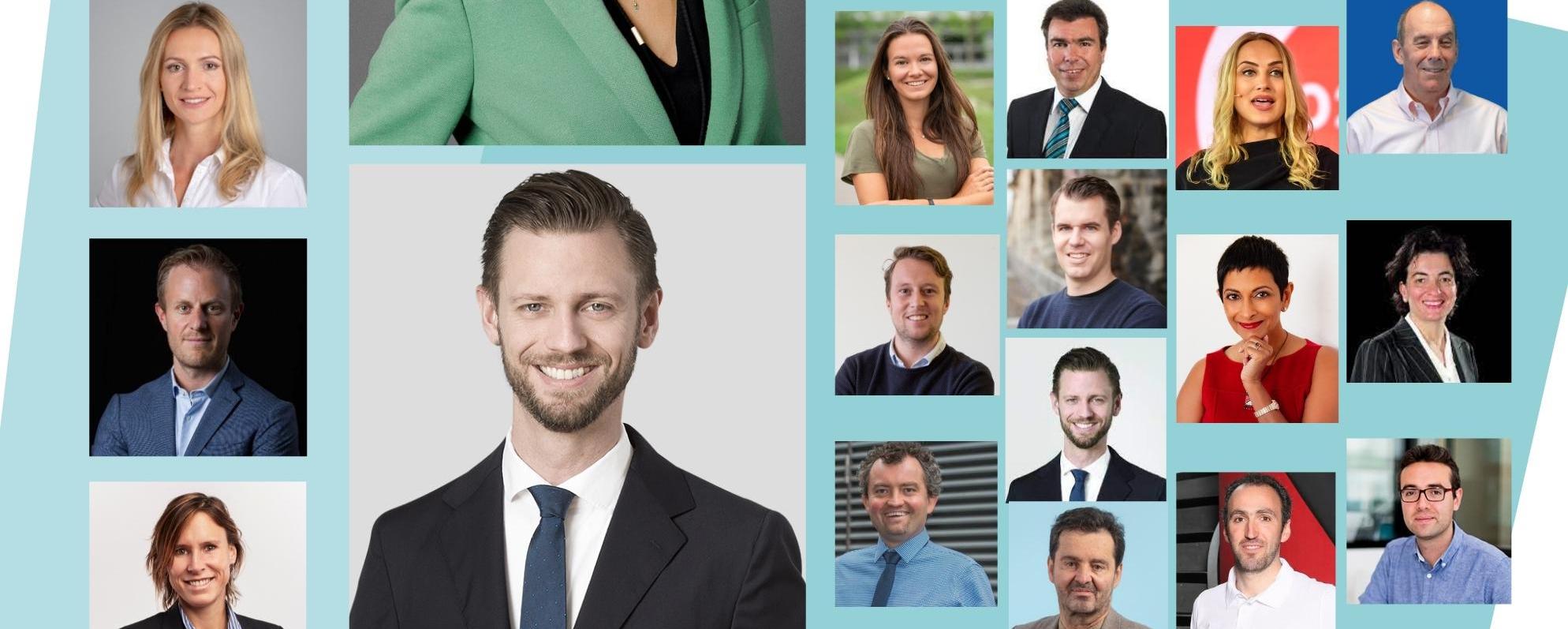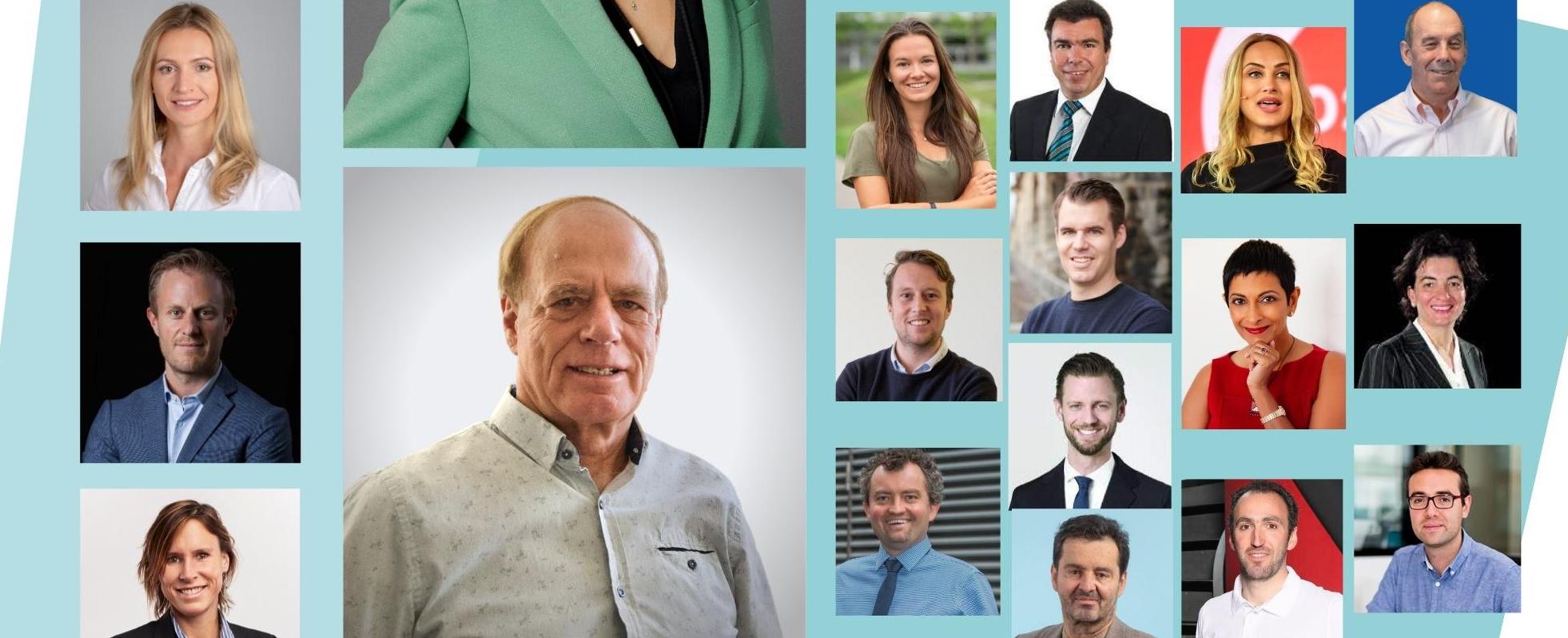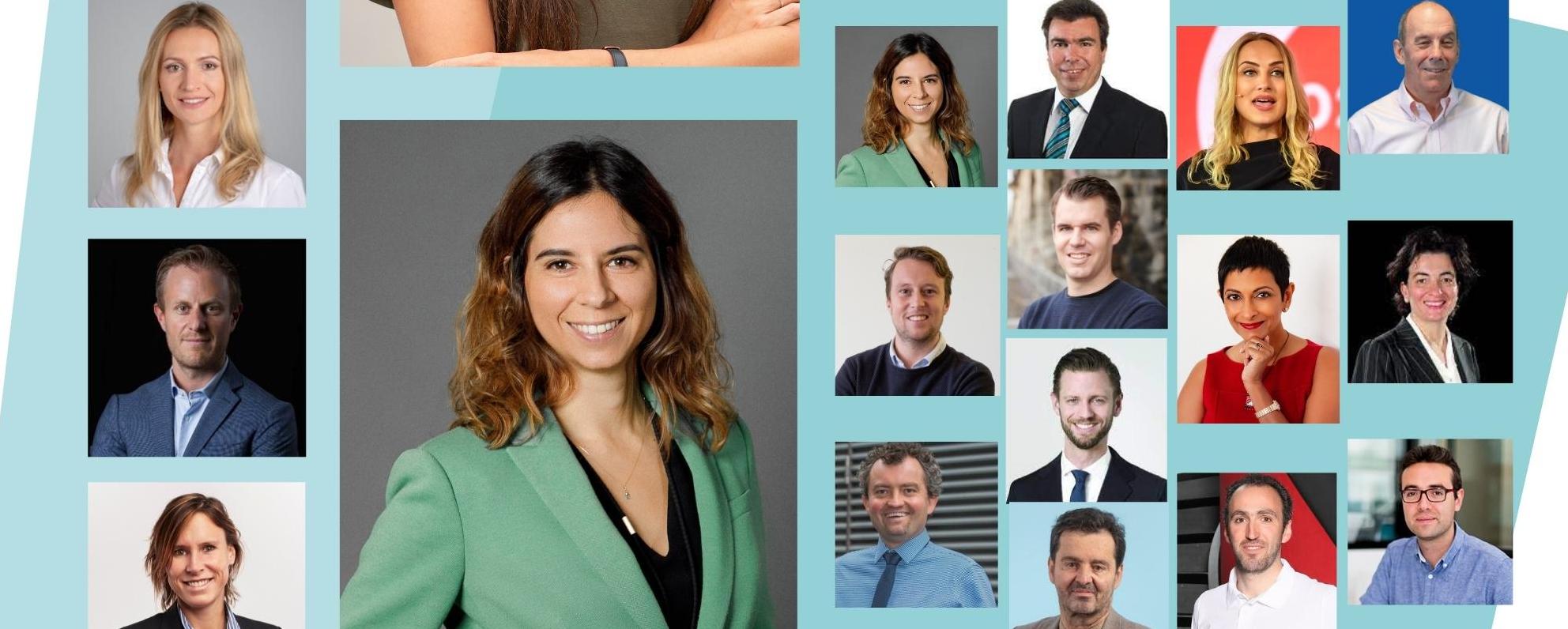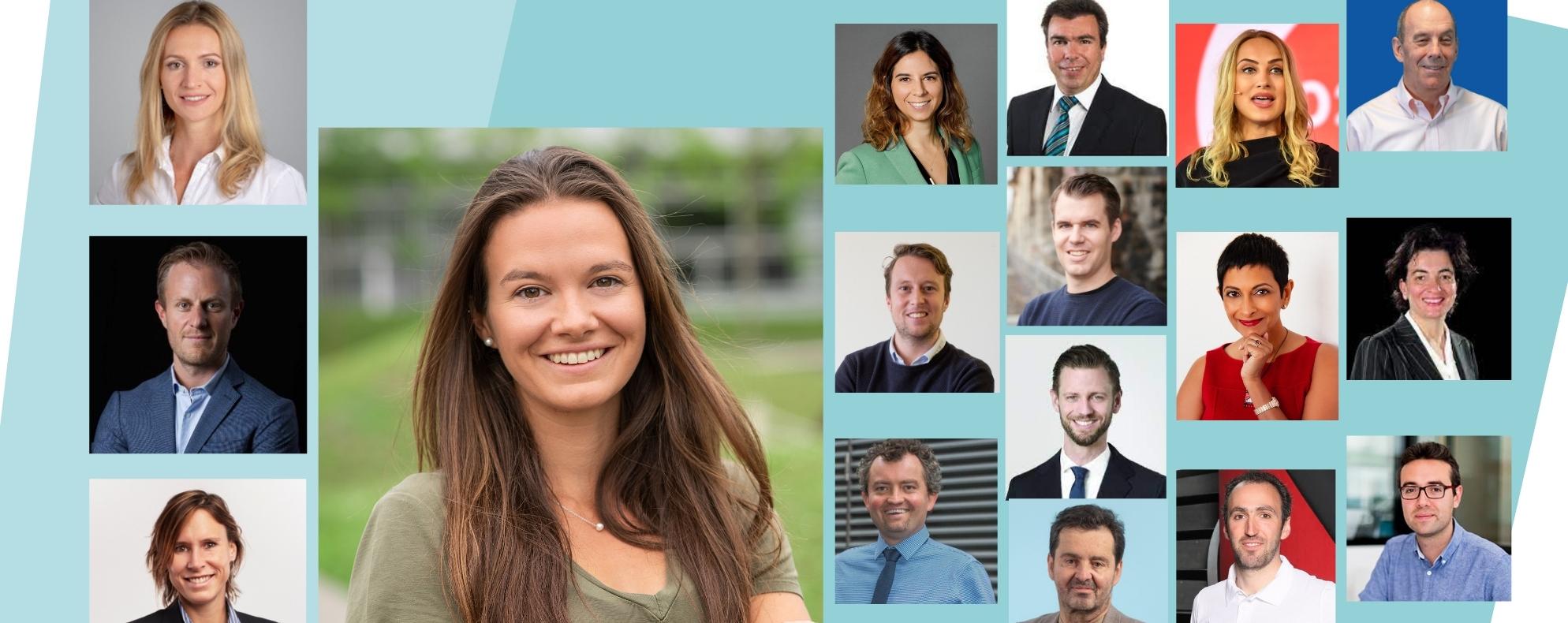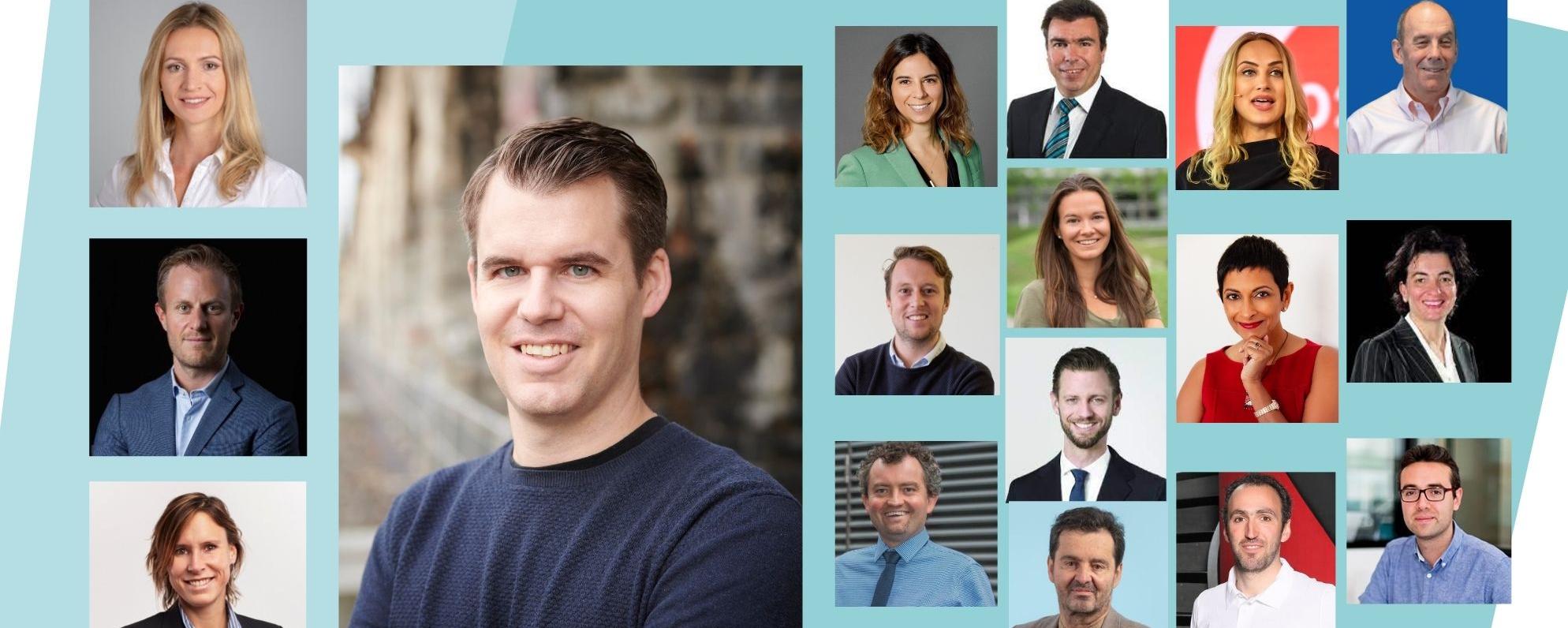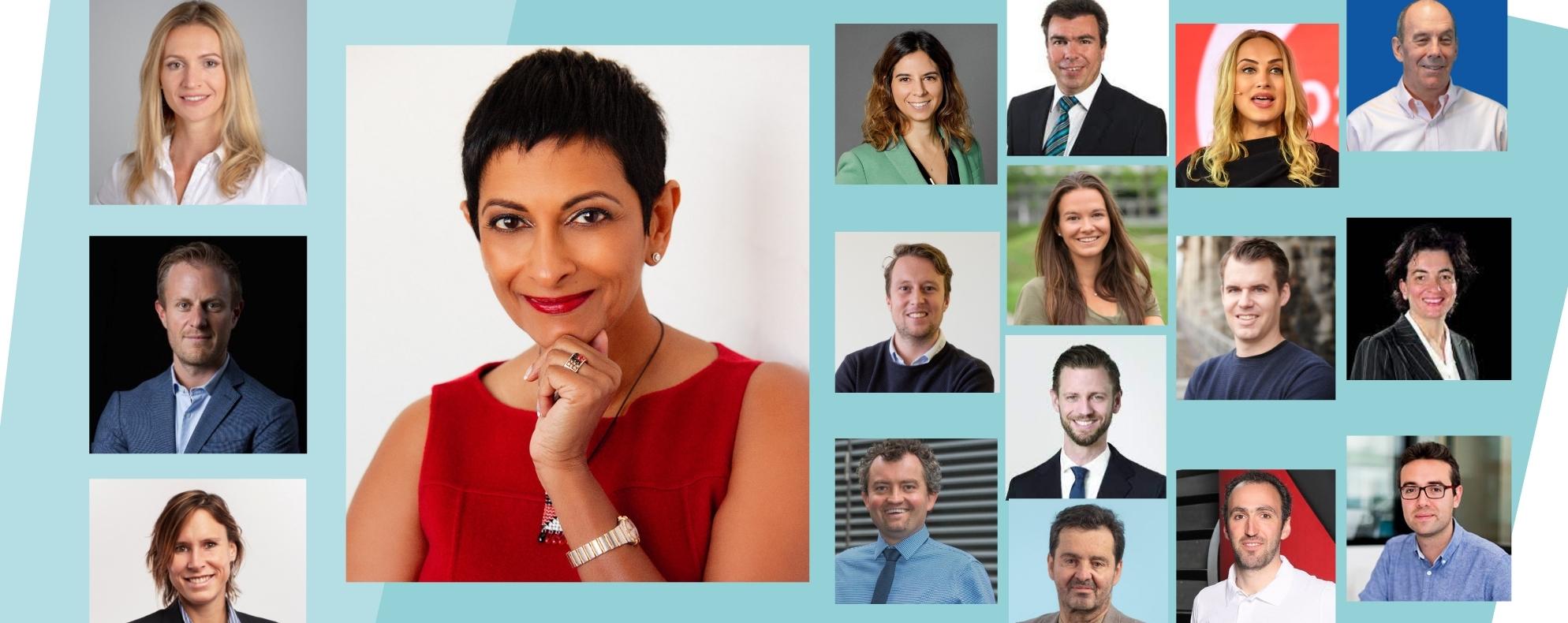The Innosuisse Start-up Training in Business Growth and Business Creation equips entrepreneurs with the tools to build a world-class start-up. Around 30 times a year, the Innosuisse trainers—more than 160 entrepreneurs, investors, and experts—share their expertise and provide hands-on experience in tailor-made workshops for ICT, advanced engineering, medtech, and biotech start-ups. One of these trainers is Dr. Jim Pulcrano, an adjunct professor at IMD Business School. Find out more about Jim’s training sessions, his hope for the participants, and the lessons he has learned from his biggest professional failure.
The Innosuisse Start-up Training comprises accomplished entrepreneurs, investors, and experts who help young companies accomplish their missions. Many of the Innosuisse coaches have built start-ups themselves, and all of them know the challenges and opportunities entrepreneurs face. To learn more about the experts who support the Swiss innovation ecosystem, we ask them to complete a short profile and choose at least eight questions from a questionnaire about their training session and their personal and professional life.About Jim
 Name: Dr. Jim Pulcrano
Name: Dr. Jim Pulcrano Location: Lausanne
Born in: 1957, Bayonne, New Jersey, USA
Graduated from: DBA, Grenoble Ecole de Management, 2021; MBA, IMD, 1984;
BSc, Mechanical Engineering, University of Missouri, 1979
Job title: Adjunct Professor
First touchpoint with Venturelab: In 2005, Jordi asked me to co-facilitate one of his famous Kicker’s weekends (maybe). Or perhaps, it was the wonderful 24-hour mystery expeditions that we’d do with 100 entrepreneurs. Those were fantastic!
“I am a professor of entrepreneurship and management, having co-founded or run six start-ups.”
About Jim’s Innosuisse training
How are you involved in the Innosuisse Start-up Training?
I have taught various topics for Innosuisse, but this year, the focus will be on “Secure Funding for Your Growth Start-up.”
What is your motivation to join the workshops as a trainer?
First, I want to help an ecosystem that I have profited from and help nascent entrepreneurs not make the mistakes that I made. Second, I learn something every time I interact with entrepreneurs.
What is the best advice you can give to start-up founders?
Accept that it will be extremely difficult, and if you fail, it will be unbelievably painful, but it is still worth trying.
What motivated you to become an Innosuisse trainer?
In my own ventures, through my doctoral research, and through the start-up coaching I’ve done for the past 23 years, I have learned a lot, and I want to make that available to entrepreneurs. Entrepreneurs have a huge role to play in moving society forward, and I want to help as many as possible to be successful.
What makes for a great workshop?
Engaged participants: If I don’t get questions and comments, I will cold call on people. Being passive observers is not permitted in my sessions.
What do you like to see from participants?
I love it when people are unafraid to ask the question that everyone is thinking. Or the naïve question that everyone thinks they know the answer to.
What do you hope to accomplish with the participants?
I cannot change them drastically, but if I can slightly increase the slope of their trajectory (positively), then their chances of success are greatly increased.
What are your hopes for the participants?
My hope is that the participants, with Innosuisse’s support, give their start-up every chance possible of success. I don’t want them to fail because of some silly mistake that we all were aware of. They have a ton of things to think and worry about, and any one of those could derail them, but I want to assure the participants that we get as much going right as possible for them. If it turns out that their technology doesn’t work, or the market doesn’t develop as fast as they’d hoped, or whatever, I still want to be sure they had a chance to align everything as best possible.
What do you think founders need most from a training course?
Confidence and an enlarged network.
About Jim’s professional life
What is your favorite productivity hack?
My network. I know a lot (simply because of experience), but I don’t know nearly as much as the people who are one degree away from me.
Where and when are you most productive?
I am most productive when I have a deadline, and my desk in my sitting room, overlooking the Alps and Lac Léman, is my most productive place.
What do you do when you are creatively stuck?
A swim in the lake (summer or winter) or an hour of ski de fond [cross-country skiing] usually brings me the inspiration I need.
How and where do you clear your mind?
I don’t.
What made you decide to start your business?
I wanted to see what would happen, and I learned early in my career that I am not very good at being politically correct in a hierarchy.
What are your three favorite apps?
Zoom (because I can’t travel these days), Duolingo (trying desperately to learn Spanish for when I can travel again), and Google (for answers to all the things that I don’t know).
Whom do you admire?
Bracken Darrell, CEO of Logitech, for his humility.
François Bennahmias, CEO of Audemars Piguet, for his audacity.
Jean-François Manzoni, President of IMD, for his strength and perseverance.
What is the best advice you have ever received and from whom?
“Strategy means choice.” – Peter Lorange, former president of IMD
What is your biggest professional failure, and what did you learn from it?
Underestimating the investment needed for one of my first start-ups to stay ahead technologically when a major multinational entered our field—and not understanding their ambitions. I thought we could work together. I was wrong. This has driven a lot of my work with start-ups to make sure that they have some understanding of how these complex and often politically driven organizations function so that my start-ups can either work with them or beat them.


